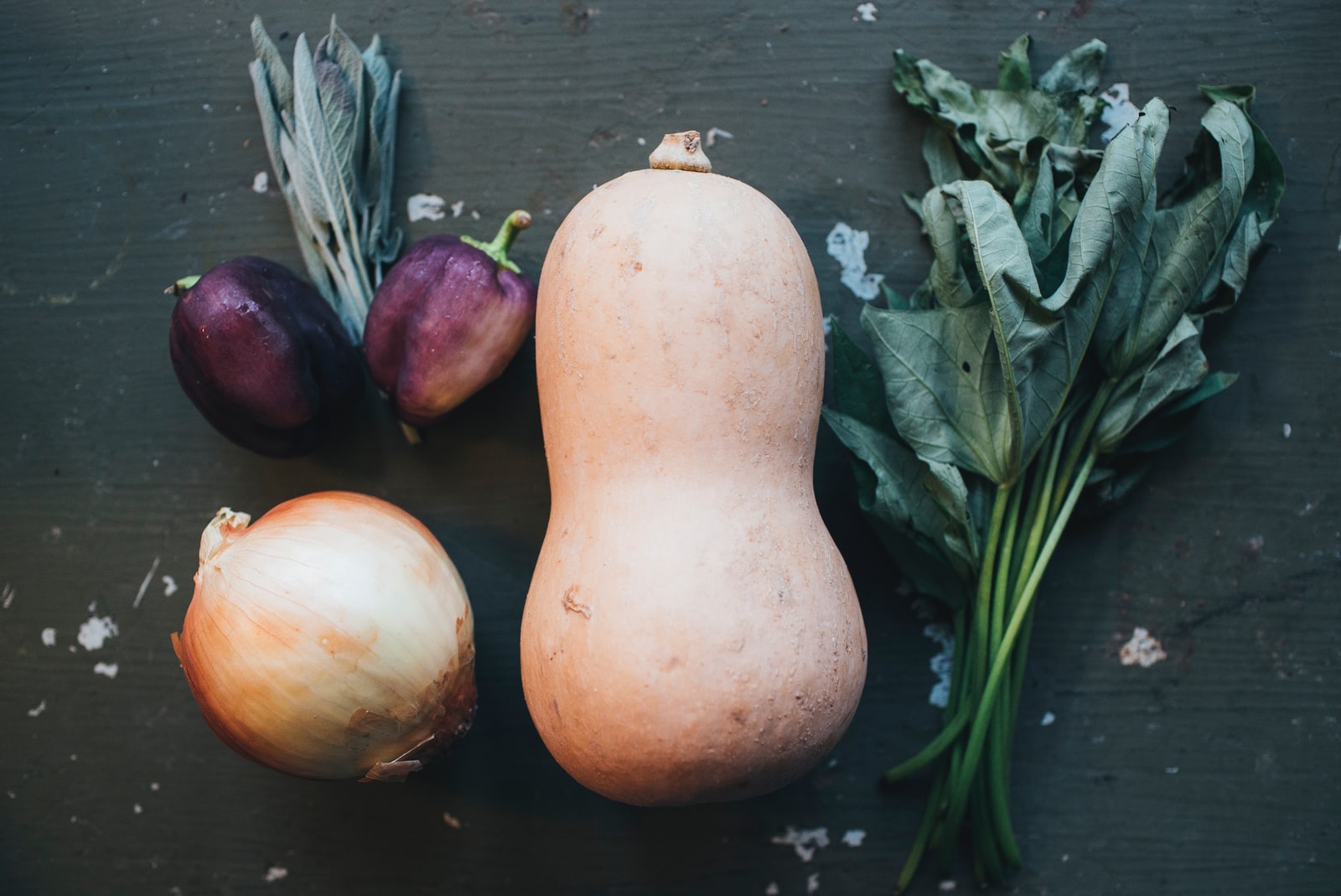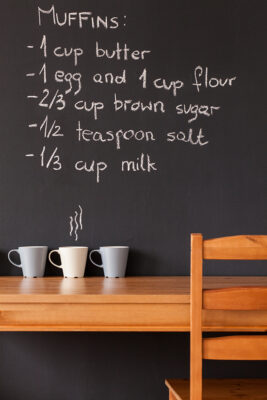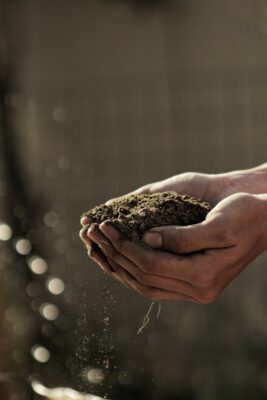 It seems to me our three basic needs, for food and security and love, are so mixed and mingled and entwined that we cannot straightly think of one without the others. So it happens that when I write of hunger, I am really writing about love and the hunger for it, and warmth and the love of it and the hunger for it … and then the warmth and richness and fine reality of hunger satisfied … and it is all one.
It seems to me our three basic needs, for food and security and love, are so mixed and mingled and entwined that we cannot straightly think of one without the others. So it happens that when I write of hunger, I am really writing about love and the hunger for it, and warmth and the love of it and the hunger for it … and then the warmth and richness and fine reality of hunger satisfied … and it is all one.
~ M.F.K. Fisher, The Gastronomical Me
Writing about food these days is hot. Some call it the new pornography.
The truth is that there’s been an explosion of books about food in the last decade. Why a country that prides itself on efficiency and speed and no-fuss, the inventor of food that is about far away from Mother Earth’s bounty as Pluto is from the Sun, wants to read about food and ogle beautiful pictures of it instead of cooking it or even eating it, is a marvel indeed. A real mystery.
The popularity of Food Network’s lineup of programs, as well as CNN’s “Searching for Italy” with Stanley Tucci attests to this hunger. Americans yearn for something more than just something to quench their rumbling stomachs.
Even though many well-paying print and even online food sites have gone belly up in the last several years, food writing, podcasts, and so on still offer the enterprising writer many golden opportunities. Some may not pay, but any pieces add to a writer’s credibility. That’s why I once wrote 81 food columns for The Cedar Key Beacon many years ago.
For the writer knowledgeable about food, there’s a gold mine waiting to be panned, a mother lode from Mother Earth.
Armed not with a shovel, but instead with Dianne Jacobs’s Will Write for Food, plus years of eating experience, not to mention writing experience, a determined writer can turn out work similar to that of the legendary food writer, M.F.K. Fisher.
What does Food Writing Entail?
Just what does “food writing” mean?
The term sits under a huge umbrella, including:
- Recipe writing, i.e., cookbooks – what everyone thinks of first!
- Memoir
- Essays about famous and not-so-famous chefs and cooks
- Restaurant criticism
- Agriculture
- Ecology
- Politics
- Food security
- Tradition
- History
- Travel
- Fiction
- Etc.
The Key to Meaningful Food Writing
Storytelling, at root, that’s the gist of good food writing, and it’s all meat for food writers.
Awakening memories percolate underneath food-related stories, and not always sweet memories, for not everyone’s mother or grandmother stirred the pot with happiness. They might recall Grandma chasing them out of the kitchen, swishing the air with a wooden spoon raised high like a bull whip. But they’d like to dream of better times anyway, to live vicariously through the families who, contrary to Tolstoy’s famous first liner in Anna Karenina, appear happy all the time. How much longer food writers will be able to mine Italian family myths of happiness remains to be seen. Novels such as Adriana Trigiani’s Big Stone Gap portray the archetypal huge Italian family chewing joyfully together around the groaning table, refuting Louise DeSalvo’s Crazy in the Kitchen, chock-full of essays about her tormented Italian family.

Putting Words on it All
Starting out in food writing requires finding a unique niche.
A blog or a newsletter is a good idea as well, as are social media outlets. Pitch publications with unusual angles peculiar to your niche. Hone your descriptive skills, veering away from useless words such as “beautiful,” “delicious,” “pretty,” “flavorful,” or “awesome.” Sometimes the kicker is how to translate a chemical reaction—taste—into words, both coming from the tongue-brain connection. Interestingly enough. Mackenzie Cassidy hints at this dilemma in “The Elusive Sense of Taste in Writing.” Other times, a writer needs something else, not just a good vocabulary and super tastebuds. This applies to fiction writers as well, not just nonfiction, thus making food scenes all the more enticing.
What about recipes? Sometimes they’re rather like the garnish on an Opera Cake. Necessary. Follow standard protocol as much as when writing recipes. Be detailed. Many cooks today need that specificity.
And read, a lot, in your chosen field of food writing. But don’t stop there. Dipping into other forms of food reading can only fuel your imagination, inspiring you to look at many other ways of thinking, seeing.
 In the Final Analysis …
In the Final Analysis …
As M.F.K. Fisher hints, it takes a person capable of deep spirituality to write the kind of long-lasting food writing, a person who recognizes that eating is a sacred act. That’s why all the witty writing about dieting will never be checked out from the storage basement in many libraries in the future or called up from the database, obliterated into unconnected “0s” and “1s” and swallowed up forever. Worse yet, dumped in a landfill.
Writing about food means writing about much more than mere digestion or family history or where to find the plumpest tomatoes or pristine carrots. Everyone eats. Eating really is universal and reduces life to a common denominator. In ancient times, the saying goes, once two people ate together, no longer were there strangers sitting at the table.
In today’s world, suffused with distrust and rising xenophobia, food may be the only common ground left to us.
For more on food writing:
Gary Allen, The Resource Guide for Food Writers. Allen also writes a blog with monthly updates and news covering links and information of interest to food writers.
Cynthia Bertelsen, “Culinary Memoirs”
Sabienna Bowman, “95+ Words to Describe Food When Yummy Just isn’t Strong Enough”
Amanda Hesser, “Advice for Future Food Writers”
Harold McGee, On Food and Cooking
Barbara Gibbs Ostmann and Jane L. Baker, The Recipe Writer’s Handbook


Jessica Elliott
Great article!
Cynthia D. Bertelsen
Thanks, Jess. As you know, writing about food, people, and culture remains my favorite.
Penny Church-Pupke
Fascinating! I had no idea such a world of food, people, and memories existed.
Congratulations Cynthia on your awards!